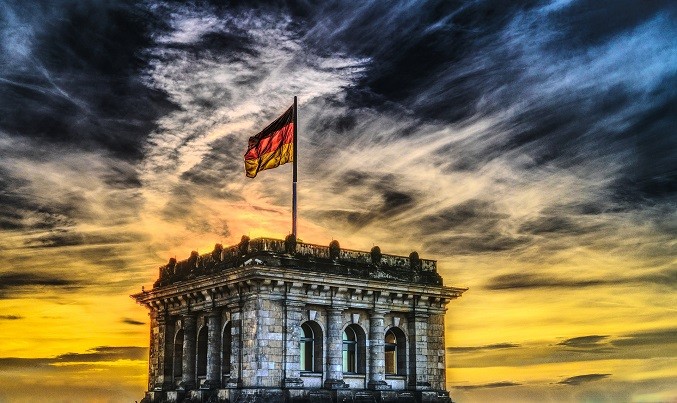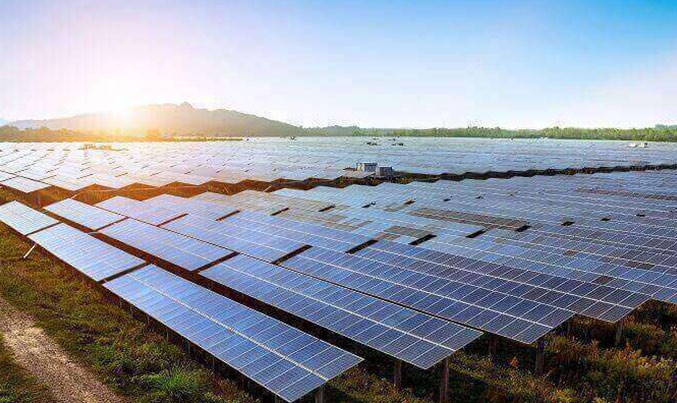Germany unveiled new development aid goals for Asia.
New priorities for assistance include extending global partnerships and regional cooperation; supporting vocational training, sustainable and social economic development, and employment promotion; protecting the climate and biodiversity; assisting refugees; strengthening human rights, participation and the capacity of state institutions; improving structures and living conditions in cities, and; boosting health and social protection systems.
The changes were outlined in a strategy paper released by the German Federal Ministry for Economic Cooperation and Development, entitled Using Asia’s Dynamism.
“Asia is facing the tremendous challenge of getting onto a sustainable growth path which will include all people whilst still being environmentally friendly,” said German Development Minister Gerd Müller. “We are offering support in the form of experience and know-how."
Germany’s annual bilateral development inputs in Asia reached nearly €2 billion (about US$2.2 billion) in the past year.
German development cooperation takes place in 20 countries in Asia and the Pacific, including Afghanistan, Bangladesh, Cambodia, India, Indonesia, Kyrgyzstan, Lao PDR, Mongolia, Myanmar, Nepal, Pakistan, the Philippines, Sri Lanka, Tajikistan, TimorLeste, Uzbekistan and Vietnam.











